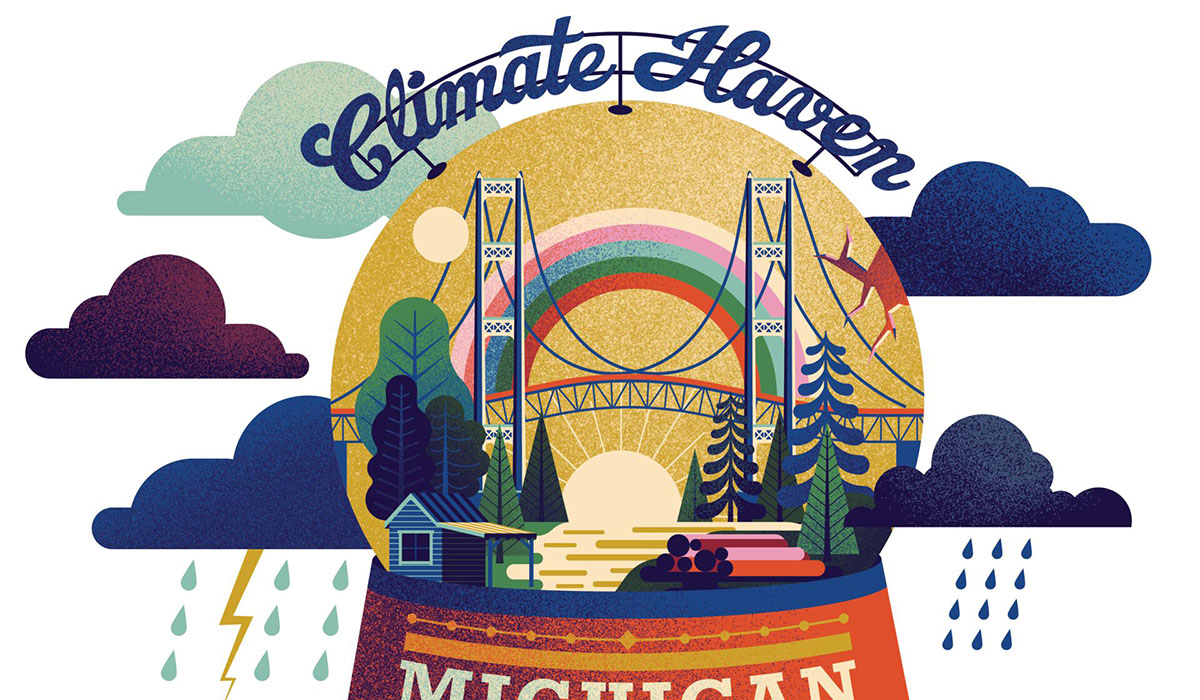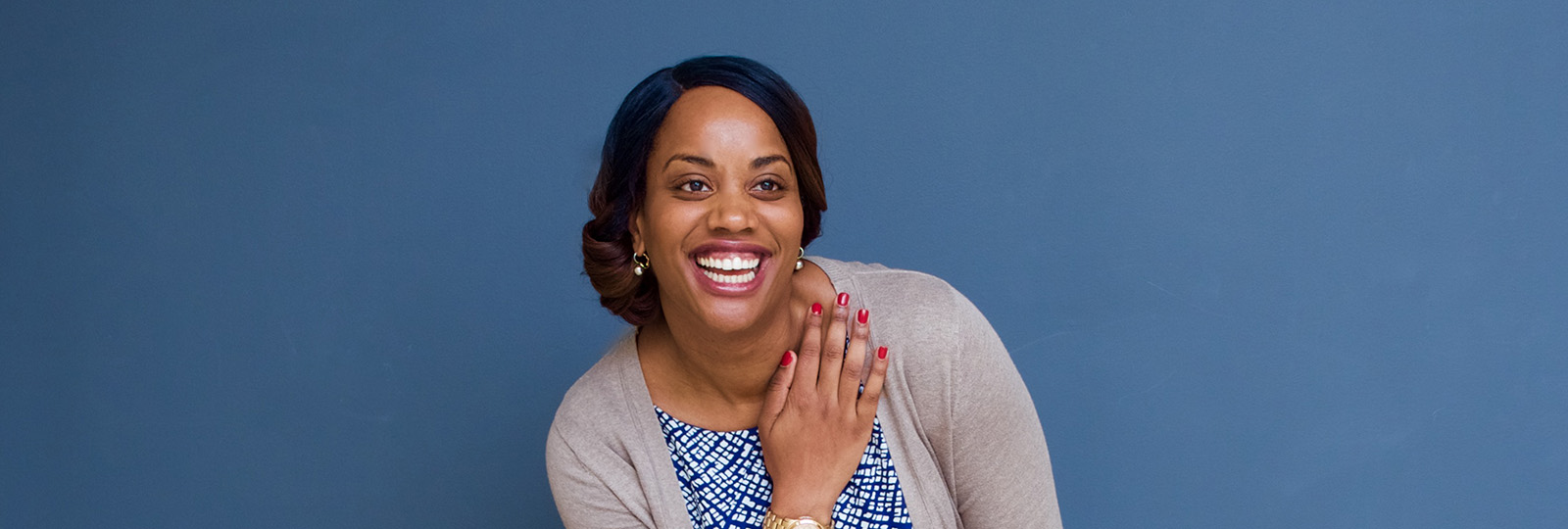
We use cookies to ensure you get the best experience on our website. By using this site, you accept our use of cookies.
•

Your membership dollars allow us to tell stories that celebrate U-M alums’ achievements and their impact in the world. Support this work and get access to all Michigan Alum articles by joining today.
Ariel Britt, ’13, MSW’15, personally knows the troubles of addiction. After seeking counseling for alcohol and drug abuse in 2011, her recovery ignited a passion. In 2013, she became heavily involved in U-M’s nascent branch of the Collegiate Recovery Program (CRP). Upon graduation, she moved to Georgia where she is now a CRP program coordinator at Kennesaw State University. Ariel recently shared her story with Michigan Alumnus.
Can you share your personal journey into recovery?
I started at U-M in 2003. Being away from home and my mom, my partying took off. Right when I was supposed to graduate in 2007-08, I took time off. I was just finding my way, and my addiction was getting a lot worse. My disease was driving me away from my dreams of an amazing life, a great career, a picket fence. It was telling me, “No, let’s just have more fun! Let’s have more fun!” Then, I just couldn’t have fun anymore. It wasn’t working.
I found myself in Brooklyn, figuring out what to do next. That’s when my bottom happened. I decided to do something drastically different and got into recovery. I was there for about a year, working on myself, building awesome relationships, and becoming encouraged about a Michigan return. I was terrified of re-entering certain spaces and becoming re-traumatized, such as remembering certain bushes I threw-up in, and having to be a part of that environment while trying to do well at U-M, which is hard for anybody.
The beautiful thing is that recovery is everywhere. You just have to know where to look for it. I came back to U-M in January 2013 and, in my first week, met students at a recovery meeting. They told me about this new Collegiate Recovery Program, so right away I was connected.
Is your work at Kennesaw State similar to your experience at U-M’s CRP? Are there differences?
I was more of a student leader, and then an intern, during graduate school for U-M’s CRP. I did more of the development and macro-level work: What services are we missing? How can we bring more alumni in? How can we create less stigma and more opportunities for people to learn?
Kennesaw’s program is super established. My job is more interpersonal. I meet with students, plan events, evaluate services, and expand our reach and facilities. I also do engagement, such as speaking in Washington, D.C., making sure people know about the work that we do.
The White House Office of National Drug Control Policy invited Ariel to participate in a “Young and In Recovery” panel discussion on Sept. 17, 2015.
When you returned to U-M, were there any particular people or groups at U-M who helped your recovery efforts, or who guided you in your efforts to help others through CRP?
Matt Statman, MSW’10, the CRP manager, really encouraged me to follow this purpose, this dream to expand recovery options and community to spaces that don’t have it.
Mary Jo Desprez, the director of Wolverine Wellness, went with folks from Texas Tech and Kennesaw, two schools with more established CRP branches, and told the regents that this was something we needed to have at U-M. She’s a champion and a huge ally. I was always able to talk to her.
Lastly, the students in the CRP community. It’s enough to have my outside stigmas about being a woman of color at U-M, but then knowing internally that I don’t quite mash up with the idea of what you think you should be doing at school, to have a community of folks who get that on a deep level helped me grow up there. I grew deeper there. I’ve made some of my best friends there.
Any advice or insight to share for those who may be struggling currently, or are on the road to recovery?
When you struggle with something and you want to stop, there’s so much fear because you know you can’t do this alone. You’re wondering “What’s wrong with me?” There isn’t anything wrong with you. You are a human being. Give yourself a chance to be what you came here for: to be a leader, to be the best. We don’t get there alone. The greatest thing I’ve ever done is ask for help. Do that, and watch what happens.
Gregory Lucas-Myers is assistant editor of Michigan Alumnus magazine.